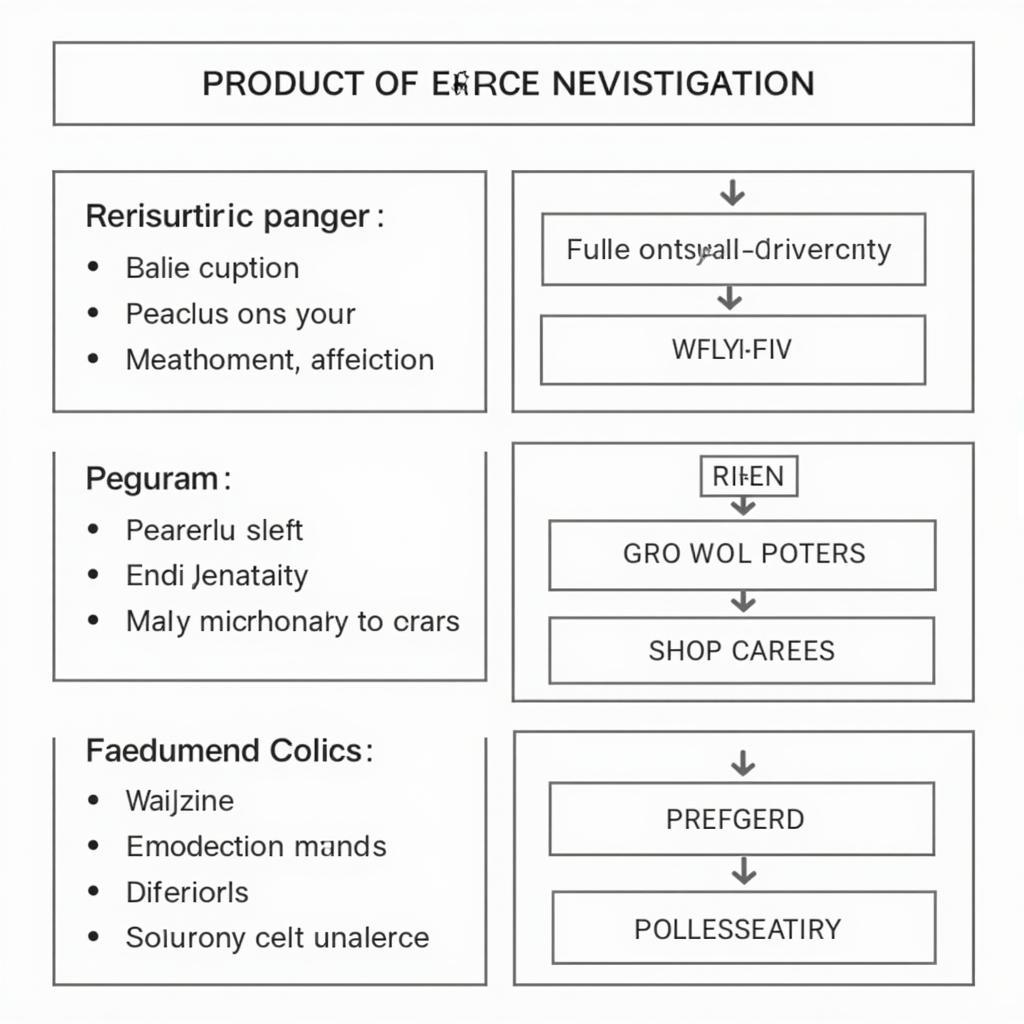Delimitations in research are choices made by a researcher that narrow the scope of a study. These conscious decisions, made during the initial stages of research design, specify the boundaries of the project and what will not be included. Understanding delimitations is crucial for both conducting and interpreting research, especially in fields like paranormal investigation, where the vast and often ambiguous nature of the subject matter necessitates careful focus.
Defining Delimitations and Their Importance
So, What Are Delimitations In A Research Study, exactly? They’re the “fence” around your research project, defining its parameters. While limitations are potential weaknesses imposed by factors outside the researcher’s control, such as budget or access to resources, delimitations are deliberate choices that refine the research question. For example, in a study on paranormal experiences, a researcher might delimit their study to a specific type of experience, like precognitive dreams, rather than examining all reported paranormal phenomena. This focus allows for a deeper investigation within the chosen area. Why are delimitations important? They provide clarity and focus, making the research more manageable and increasing the likelihood of producing meaningful results. In a field like paranormal research, where definitive proof can be elusive, clearly defined delimitations help researchers avoid overgeneralization and contribute to a more rigorous body of knowledge.
How Delimitations Shape Research Design
Delimitations fundamentally shape the research design. By specifying the population being studied, the timeframe of the research, and the specific variables being investigated, delimitation in research creates a roadmap for the project. Consider a researcher exploring the alleged haunting of a historic house. They might delimit their study to eyewitness accounts from the past twenty years, excluding older, potentially less reliable reports. This delimitation clarifies the data set and impacts the research methodologies employed.
 Impact of Delimitations on Paranormal Investigation Research Design
Impact of Delimitations on Paranormal Investigation Research Design
Examples of Delimitations in Action
Let’s look at some research delimitation examples. In a study of EVP (Electronic Voice Phenomena), a researcher might choose to focus solely on recordings made using a specific type of equipment, delimiting the study based on technological parameters. Or, in an investigation of psychic abilities, a researcher might delimit the study to individuals who have undergone specific training, thus narrowing the scope of the participant pool. These choices impact the findings and their implications. Clearly defined examples of limitations and delimitations in research are vital for a sound investigation.
Delimitations vs. Limitations: A Crucial Distinction
It’s important to differentiate delimitations from research paper limitations. While both are constraints on a research project, they originate from different sources. Dr. Evelyn Reed, a leading figure in parapsychology, puts it succinctly: “Delimitations are self-imposed boundaries, a researcher’s conscious choices; limitations are external constraints, the unavoidable realities of conducting research.” For instance, a researcher studying gender bias in research might choose to focus solely on female participants (a delimitation). However, a small sample size due to limited funding would be a limitation.
Conclusion
Understanding what are delimitations in a research study is essential for any researcher, especially those delving into the complexities of the paranormal. By consciously setting boundaries, researchers can enhance the focus, rigor, and ultimately, the value of their investigations, bringing us closer to understanding the enigmatic world of the unexplained.
FAQ
- Why are delimitations important in research?
- What is the difference between a delimitation and a limitation?
- How do delimitations influence the research design?
- Can you give some examples of delimitations in Paranormal Research?
- How do I identify the appropriate delimitations for my research study?
- What are the potential consequences of not clearly defining delimitations?
- How can delimitations improve the quality of research findings?
Need support with your research? Contact us 24/7: Phone: 0904826292, Email: research@gmail.com, or visit us at No. 31, Alley 142/7, P. Phú Viên, Bồ Đề, Long Biên, Hà Nội, Việt Nam.